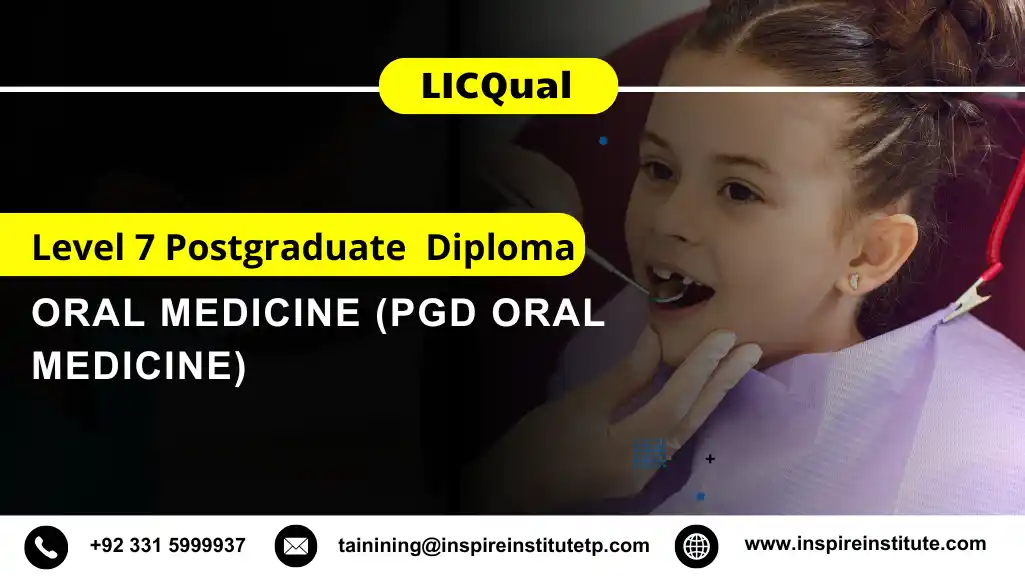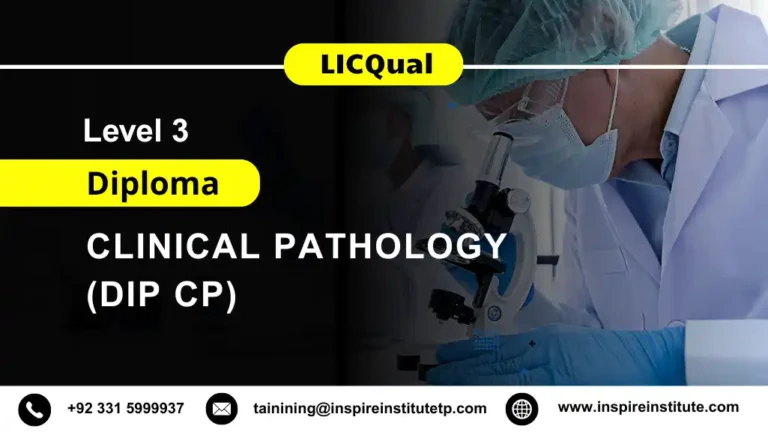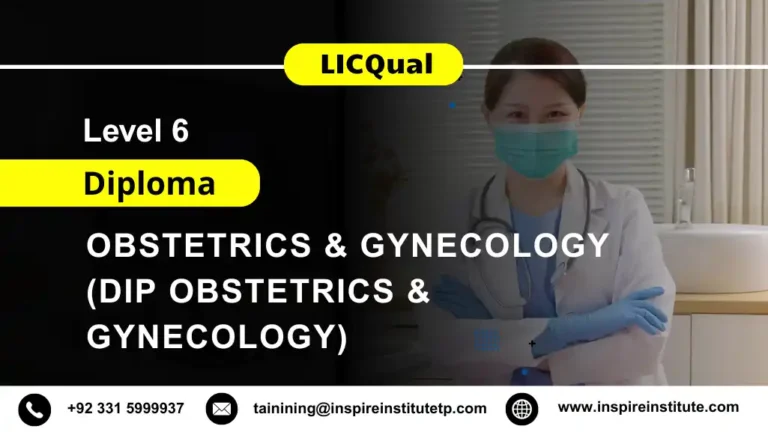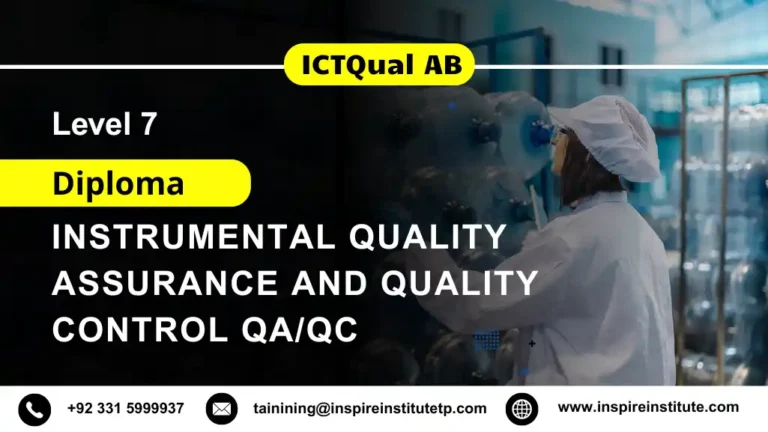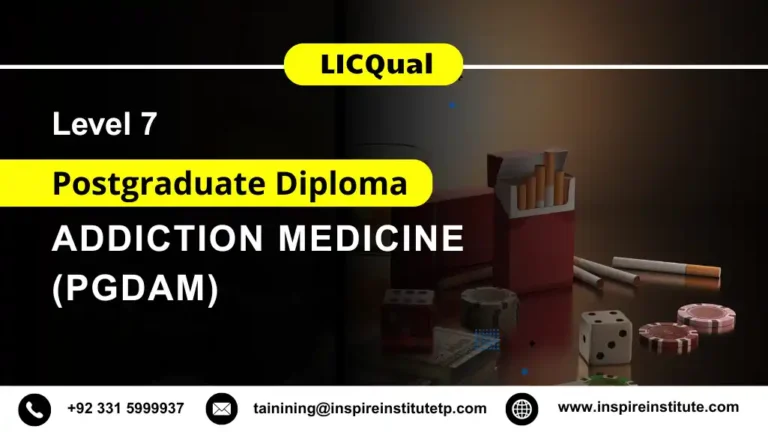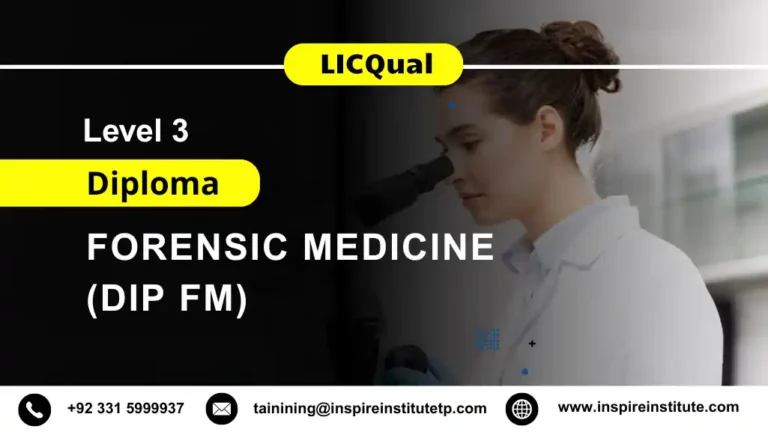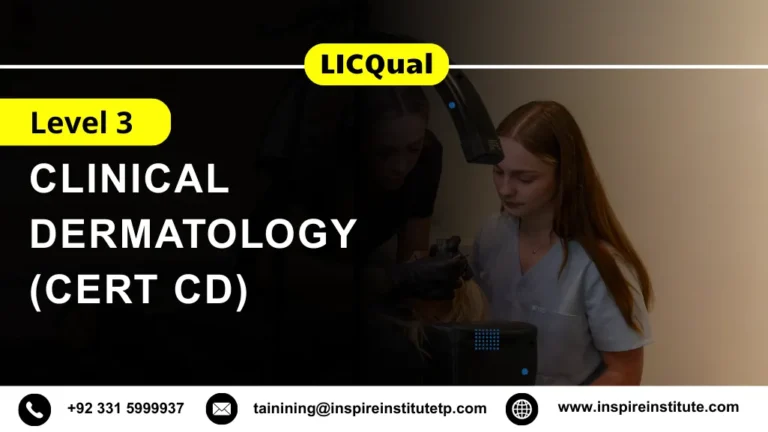LICQual Level 7 Postgraduate Diploma in Oral Medicine (PgD Oral Medicine)
The LICQual Level 7 Postgraduate Diploma in Oral Medicine (PgD Oral Medicine) is a prestigious UK-recognised qualification designed for dental and healthcare professionals seeking advanced expertise in the diagnosis, management, and treatment of complex oral diseases. This programme equips learners with in-depth theoretical knowledge, clinical competencies, and evidence-based practice skills necessary for providing specialised oral healthcare. Spanning rigorous postgraduate-level study, the diploma emphasises both academic excellence and practical application, ensuring participants are capable of managing medically complex patients, oral mucosal disorders, salivary gland conditions, orofacial pain, and oral manifestations of systemic diseases. It is ideal for practising dentists, dental specialists, and other oral healthcare professionals who aim to enhance their clinical practice, advance in specialised roles, and contribute to multidisciplinary patient care teams.
The programme focuses on developing critical analytical and clinical decision-making skills. Learners gain the ability to interpret diagnostic findings, design treatment plans, and implement evidence-based interventions tailored to individual patient needs. The curriculum combines structured learning with applied clinical scenarios, case studies, and research-led discussions, providing a comprehensive understanding of oral medicine in contemporary practice. Graduates emerge with the capability to manage challenging cases, liaise effectively with medical colleagues, and support patients with complex oral health conditions confidently and safely.
This postgraduate diploma offers opportunities for career progression and professional recognition within specialist dentistry and healthcare settings. It prepares learners for roles such as Oral Medicine Specialist, Consultant Dentist, Clinical Lead, or Senior Dental Practitioner in hospitals, specialist clinics, and academic institutions. The programme also fosters research skills and prepares graduates for further academic study, including MSc, PhD, or clinical fellowship pathways in oral medicine or related fields.
By completing the LICQual Level 7 PgD Oral Medicine, professionals gain a globally recognised qualification that enhances clinical credibility, strengthens professional expertise, and ensures graduates are equipped to deliver high-quality, patient-centred oral healthcare in complex clinical environments. This diploma represents a strategic investment in career advancement, clinical leadership, and specialised practice in oral medicine.
Why Choose this Qualification
The LICQual Level 7 Postgraduate Diploma in Oral Medicine (PgD Oral Medicine) is designed for dental and healthcare professionals who wish to specialise in the diagnosis, management, and treatment of complex oral diseases. This UK-accredited qualification provides essential knowledge, clinical skills, and evidence-based practices to enhance professional expertise and patient care in oral medicine. It is ideal for practising dentists, dental specialists, and other oral healthcare professionals seeking to advance their careers through a flexible, assignment-based postgraduate programme.
Key Reasons to Choose this Qualification:
Specialist Knowledge: Gain a comprehensive understanding of oral mucosal disorders, salivary gland conditions, orofacial pain, oral manifestations of systemic diseases, and advanced diagnostic techniques.
Practical Application: Develop confidence in assessing, diagnosing, and managing complex oral cases effectively in clinical settings, with a focus on patient-centred care.
UK-Accredited Diploma: Earn a recognised postgraduate qualification that enhances professional credibility and career prospects in hospitals, specialist clinics, and academic institutions both in the UK and internationally.
Flexible Learning: Benefit from an assignment-based format that allows learners to study at their own pace while balancing professional commitments and clinical practice.
Evidence-Based Training: Learn the latest research-driven approaches and contemporary practices in oral medicine, aligned with professional and regulatory standards.
Career Growth: Open opportunities for progression into roles such as Oral Medicine Specialist, Clinical Lead, Consultant Dentist, or Senior Dental Practitioner, as well as academic and research positions.
Enhanced Patient Care: Improve the ability to manage medically complex patients safely, develop treatment plans, and liaise effectively with multidisciplinary healthcare teams.
Professional Development: Strengthen critical thinking, clinical decision-making, and interdisciplinary collaboration skills within a specialist oral medicine environment.
This diploma equips dental professionals with the expertise to manage complex oral health conditions confidently, deliver high-quality patient care, and achieve professional advancement. It represents a strategic step for clinicians aiming to excel in oral medicine, gain international recognition, and contribute meaningfully to specialised dental practice and research..
Course Overview
LICQual UK Awarding Body
Average Completion Time:
6-24 Months
Study Units: 6 Units
Evidence & Assignment Based
Mandatory Units
Who Should Take This Course
The LICQual Level 7 Postgraduate Diploma in Oral Medicine (PgD Oral Medicine) is designed for dental and healthcare professionals who wish to specialise in the diagnosis, management, and treatment of complex oral health conditions. This qualification is ideal for practitioners aiming to enhance clinical competence, manage medically complex patients, and gain recognition in the specialised field of oral medicine. It equips learners with advanced knowledge and practical skills to support effective patient care, evidence-based decision-making, and career progression in oral medicine-focused dental practice.
This course is suitable for:
Dental Surgeons: Practitioners seeking to expand their expertise in diagnosing and managing oral mucosal disorders, salivary gland diseases, orofacial pain, and oral manifestations of systemic conditions.
Dental Specialists: Professionals such as periodontists, prosthodontists, oral surgeons, and maxillofacial specialists aiming to integrate advanced oral medicine practices into their clinical work.
General Dentists: Dentists who want to enhance their ability to assess complex oral cases, interpret clinical signs accurately, and apply evidence-based management strategies.
Dental Nurses and Support Staff: Individuals wishing to deepen their understanding of oral medicine to provide better support in clinical assessments, patient management, and multidisciplinary care.
Aspiring Oral Medicine Professionals: Learners preparing for specialisation in oral medicine, seeking to build strong theoretical knowledge alongside practical clinical skills.
Experienced Practitioners: Dental professionals aiming to update their expertise, adopt contemporary oral medicine practices, and improve patient outcomes in complex cases.
Healthcare-Oriented Learners: Those interested in understanding the interactions between oral and systemic health, supporting holistic patient care, and contributing to integrated clinical decision-making.
This diploma is particularly valuable for dental professionals who want to deliver advanced, evidence-based oral medicine services while earning a UK-accredited qualification that enhances both professional recognition and career advancement in specialised dental practice.nt.
Course Benefits
The LICQual Level 7 Postgraduate Diploma in Oral Medicine (PgD Oral Medicine) provides significant benefits for dental and healthcare professionals seeking to specialise in the diagnosis, management, and treatment of complex oral health conditions. By integrating advanced academic learning with practical application, this diploma equips learners to assess, diagnose, and manage oral mucosal disorders, salivary gland diseases, orofacial pain, and systemic-related oral conditions effectively. It is designed as a flexible, assignment-based programme while maintaining high professional and clinical standards.
Key Benefits of the Course:
- Specialist Expertise: Gain comprehensive knowledge of oral medicine, including diagnosis and management of complex oral disorders, systemic interactions, salivary gland pathology, and orofacial pain.
- Practical Competence: Develop confidence in conducting oral assessments, formulating treatment plans, and managing medically complex patients in clinical practice.
- Recognised Qualification: Earn a UK-accredited postgraduate diploma that enhances professional credibility and supports career progression in oral medicine and specialised dental practice.
- Flexible Learning Pathway: The assignment-based structure allows learners to balance professional responsibilities with advanced study, making it suitable for practicing clinicians.
- Evidence-Based Knowledge: Learn the latest research-driven approaches, clinical protocols, and best practices in oral medicine, aligned with UK and international standards.
- Career Advancement: Open opportunities for progression in dental hospitals, specialist oral medicine clinics, multidisciplinary healthcare teams, and academic or research settings.
- Improved Patient Care: Enhance the ability to provide safe, accurate, and patient-focused oral healthcare, supporting improved diagnosis, treatment planning, and clinical outcomes.
- Professional Growth: Strengthen critical thinking, clinical decision-making, and interdisciplinary collaboration skills, enabling practitioners to manage complex oral health scenarios with confidence.
The LICQual Level 7 Postgraduate Diploma in Oral Medicine equips dental professionals with advanced clinical skills, specialist knowledge, and UK-recognised credentials to excel in oral medicine, advance their careers, and deliver high-quality patient care in both clinical and academic settings.
Eligibility Criteria
The LICQual Level 7 Postgraduate Diploma in Oral Medicine (PgD Oral Medicine) is a specialised programme designed for dental and healthcare professionals seeking to enhance their knowledge and clinical expertise in the diagnosis and management of complex oral conditions. This UK-accredited qualification provides advanced theoretical knowledge, practical skills, and evidence-based approaches to oral healthcare. To ensure learners can fully benefit from the programme, candidates must meet specific entry requirements related to age, educational background, professional experience, technical competence, and language proficiency. These requirements are carefully designed to maintain the high standards of a Level 7 postgraduate diploma while accommodating qualified professionals seeking career advancement.
Educational Background:
Candidates must hold a recognised dental degree such as BDS, DDS, or an equivalent qualification in dentistry. Professionals with postgraduate dental credentials or specialisations in oral healthcare will have a distinct advantage in engaging with advanced course content.
Professional Experience:
Applicants should have practical experience in dentistry, oral surgery, or related oral healthcare roles. Experience in managing patients with complex oral or systemic conditions is highly recommended to support applied learning and clinical decision-making throughout the programme.
Age Requirement:
Applicants should ideally be at least 21 years old to ensure sufficient maturity and professional readiness for postgraduate-level study and clinical responsibilities.
Language Proficiency:
Since the programme is delivered in English, candidates must possess strong English language skills. Non-native speakers are required to provide IELTS 6.5 or equivalent, or demonstrate professional-level English proficiency, ensuring effective comprehension of course materials, participation in assignments, and communication in clinical contexts.
Technical Requirements:
Learners must demonstrate proficiency in clinical examination, diagnosis, treatment planning, and patient management within dental practice. Familiarity with oral diagnostic procedures, record-keeping, and clinical protocols is essential to successfully complete practical assignments and assessments.
Required Documents: Submission of a valid ID or passport and proof of educational qualifications is necessary for registration.
The Qualification Process
LICQual Level 7 Postgraduate Diploma in Oral Medicine (PgD Oral Medicine) follows a structured pathway to ensure learners gain comprehensive knowledge, practical skills, and professional competence in community oral healthcare.
Step 1: Self-Assessment
Learners review the entry requirements to confirm eligibility. Candidates with a background in dentistry, oral health, or public health are encouraged to apply.
Step 2: Registration
Complete the registration process by submitting required documents such as proof of qualifications, a valid ID, and payment of enrollment fees.
Step 3: Induction
An induction session is conducted to:
- Verify learner eligibility and documentation.
- Introduce study materials, learning outcomes, and assessment procedures.
Step 4: Learning and Evidence Submission
Learners complete assignments, case studies, and practical exercises demonstrating competence in public health dentistry, community oral health assessment, preventive strategies, and program planning.
Step 5: Feedback and Revision
Assessors review submitted evidence and provide constructive feedback. Learners can revise and resubmit work to meet all required standards.
Step 6: Competence Validation
Final submissions are evaluated to confirm that learners have met all theoretical and practical learning outcomes.
Step 7: Internal Quality Assurance (IQA)
The IQA team reviews the assessment process to ensure accuracy, fairness, and compliance with international standards.
Step 8: External Verification (EQA)
External verifiers validate the authenticity and quality of learner achievements.
Step 9: Certification
Upon successful verification, learners are awarded LICQual Level 7 Postgraduate Diploma in Oral Medicine (PgD Oral Medicine) , demonstrating advanced proficiency in community oral healthcare and preparing them for professional growth in dental public health, preventive dentistry, and healthcare policy.

